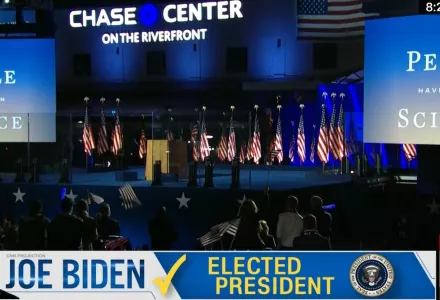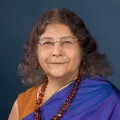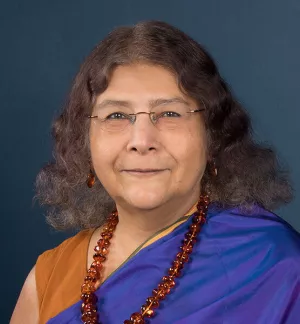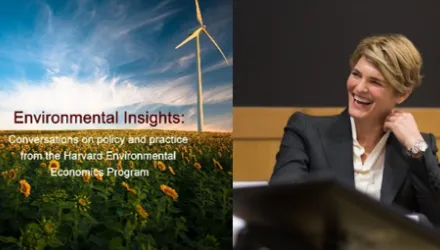
Summary
On 7 November 2020, moments before Kamala Harris and Joe Biden began their victory speeches, giant screens flanking the stage proclaimed, "The people have chosen science." Yet, nearly 74 million Americans, almost half the voters, had cast their ballots for Donald Trump, thereby presumably not choosing science. Prominent scientists asserted that "science was on the ballot" and lamented that "a significant portion of America doesn't want science." But before despairing at the loss of trust in science, we should be sure we are worrying about the right problem. Was "science" really on the ballot? Is it useful to imagine U.S. citizens as divided into pro-science and anti-science camps? Does the label anti-science serve the purposes of deliberative democracy? The answer to these questions is plainly no. A correct diagnosis is essential to repairing the sorry state of science-society relations in the United States.
Hilgartner, Stephen , J. Benjamin Hurlbut, and Sheila Jasanoff. "Was 'Science' on the Ballot?" Science, vol. 371. no. 6532. (February 26, 2021): 893–894 .



